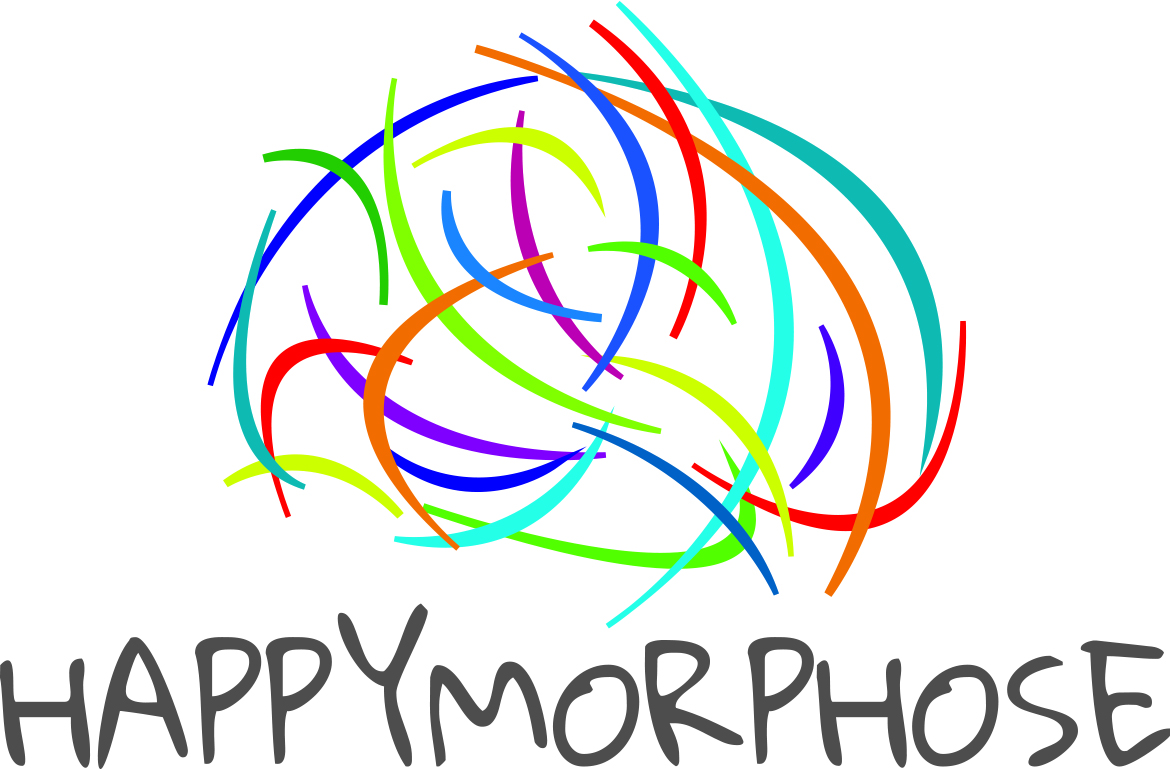
Life invents new things every day in our society where new solidarity is forged. The values that underlie them are no longer, as in the old days of Modernity, based on belief in the mastery and power of technology and science, but on otherness, that is, on the fluid and unpredictable relationships that connect humans to each other and, at the level of our planet, humans, the living and things. , opening the ecological moment in which we entered.
New institutions emerge from this common that appears, at low noise, in the horizontality of society. They are based on non-power and non-permanence, and they are plastic and in continuous transformation. To think about them, we need to revisit our philosophies.
In this book, the author turns to philosophies for which reason becomes second in relation to life and existence, where paradoxes prevail and where rational and scientific discourse gives way to sensitivity, art and poetry. These philosophies of freedom, of the coming and the impossible, are rooted in the thoughts of existence and the unspeakable, at the crossroads of immanence and transcendence, marginalized in favour of purely rational philosophies dominant in the 19th and 20th centuries. Today, they find a space of unexpected deployment, which activates the encounter, on a scale of the planet, between the wisdoms and spirituality of different civilizations. Irrigating a new anthropology, they open new and exciting paths for thought and action through the uncertainty and incompleteness of our world.
